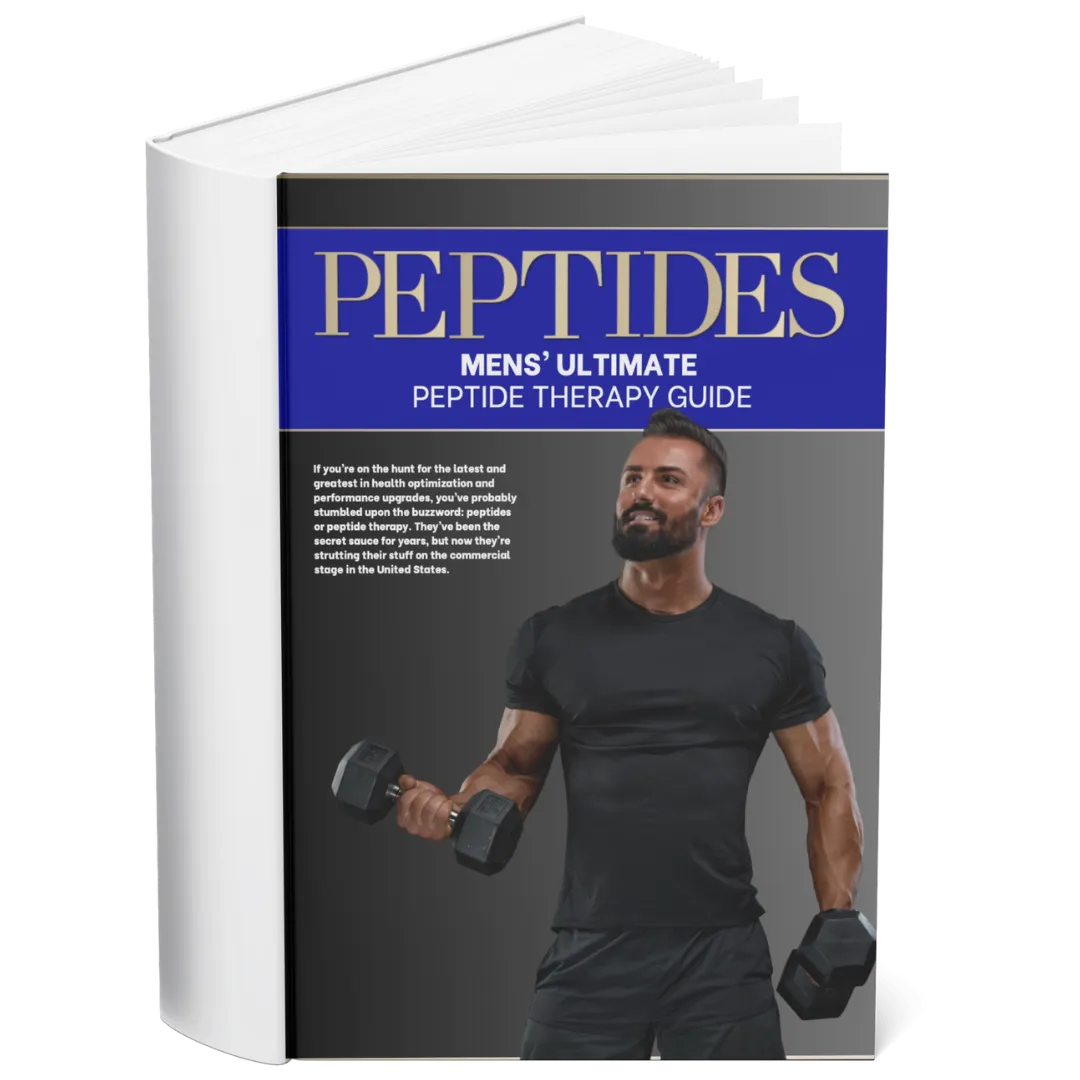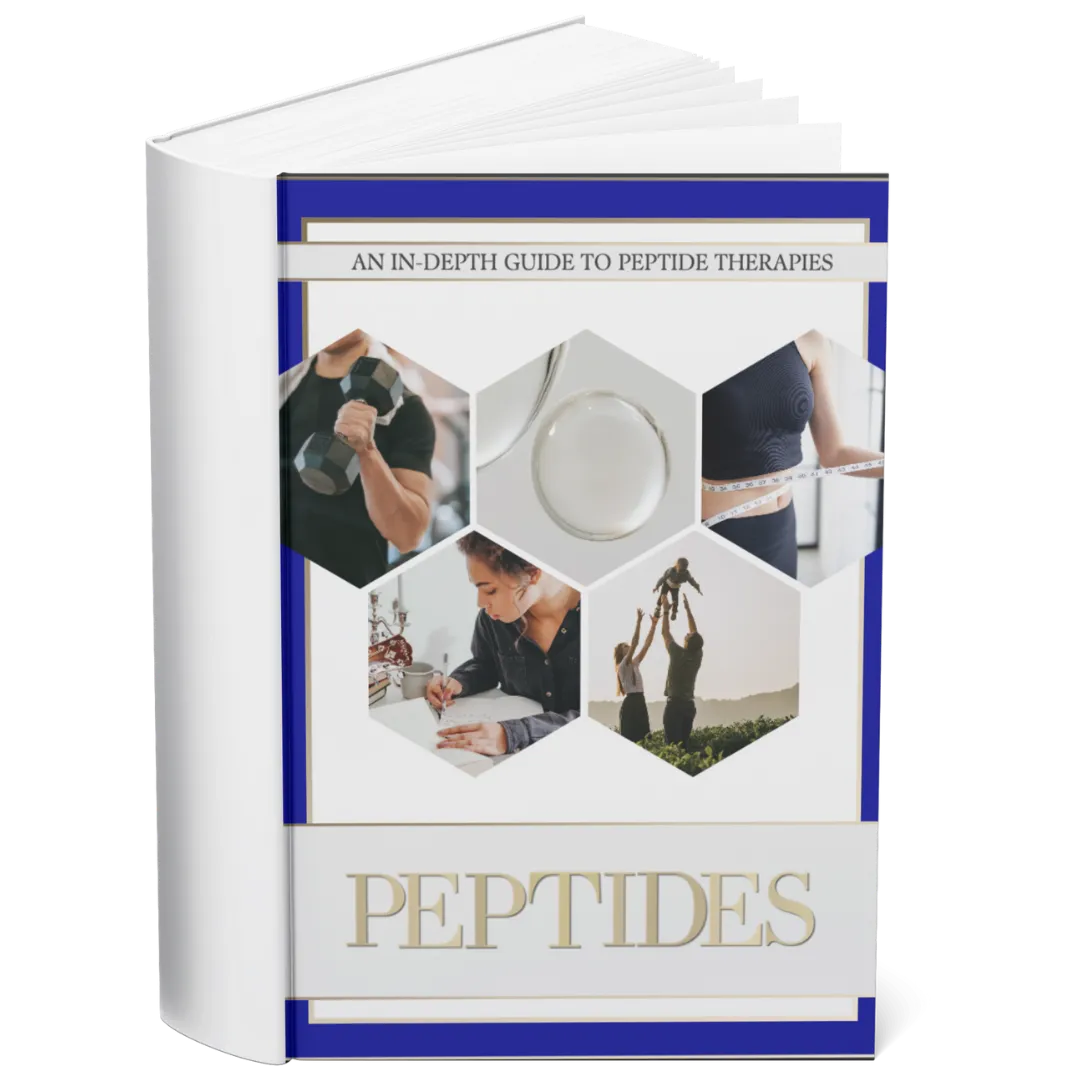My cart
Subtotal
$0.00
Total
$0.00
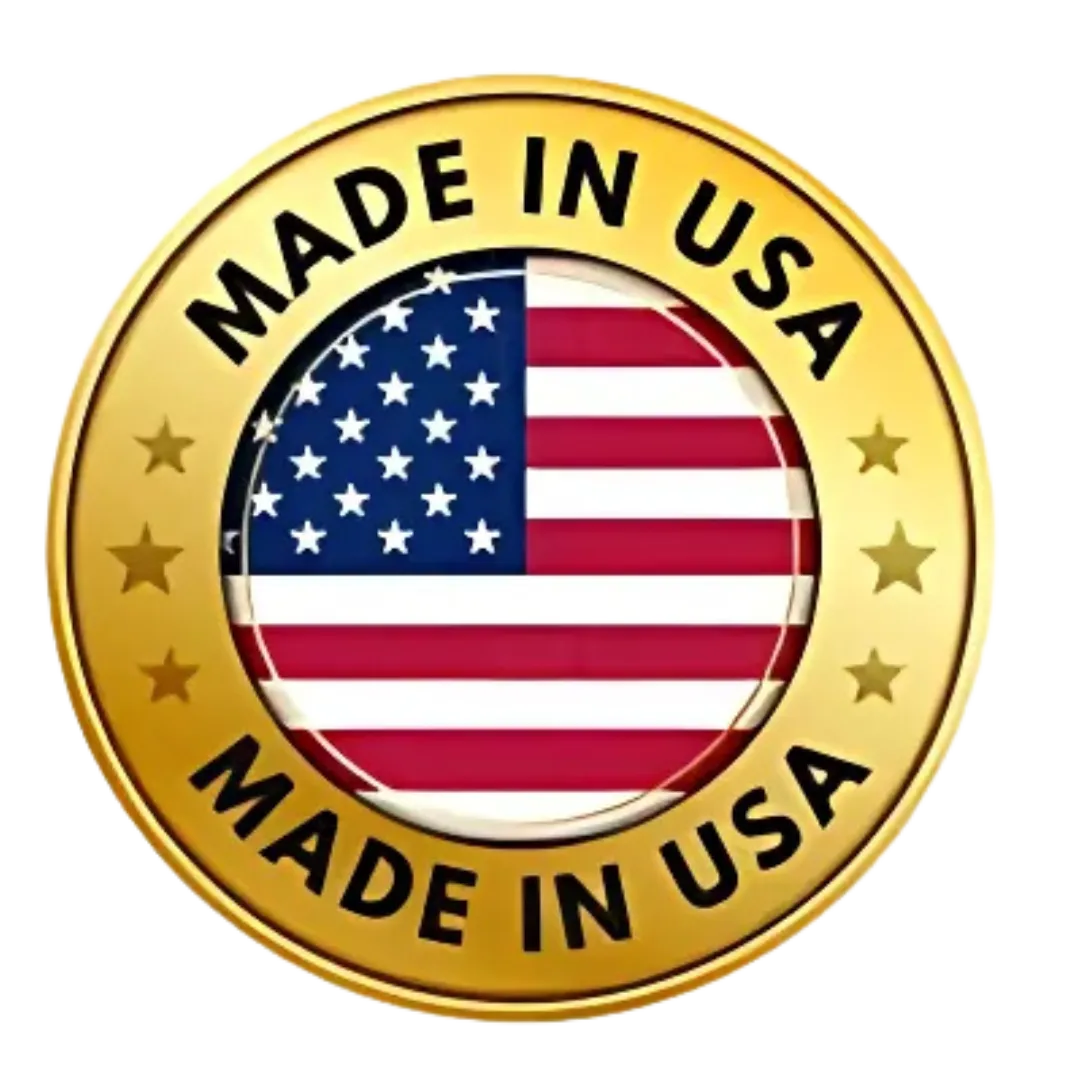
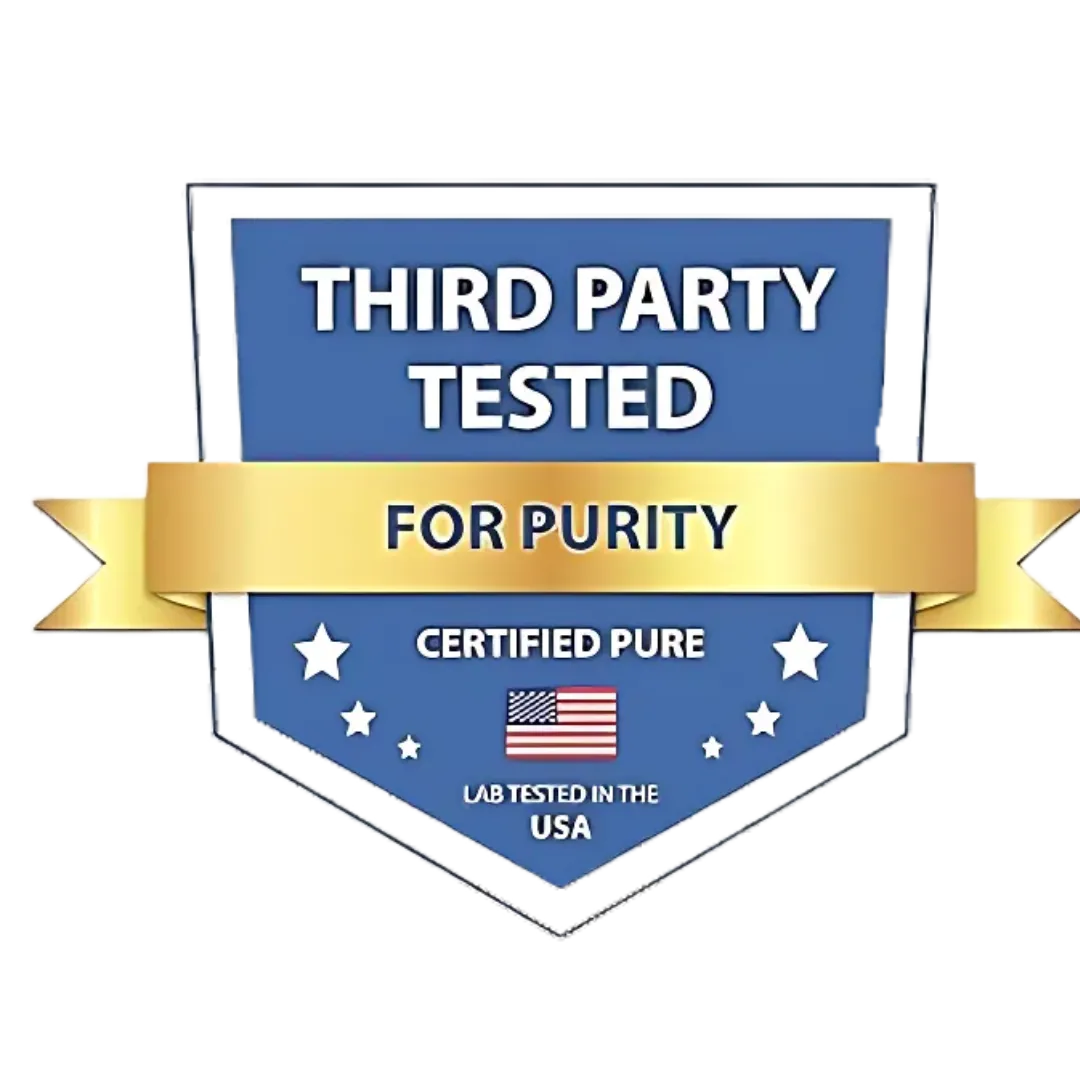

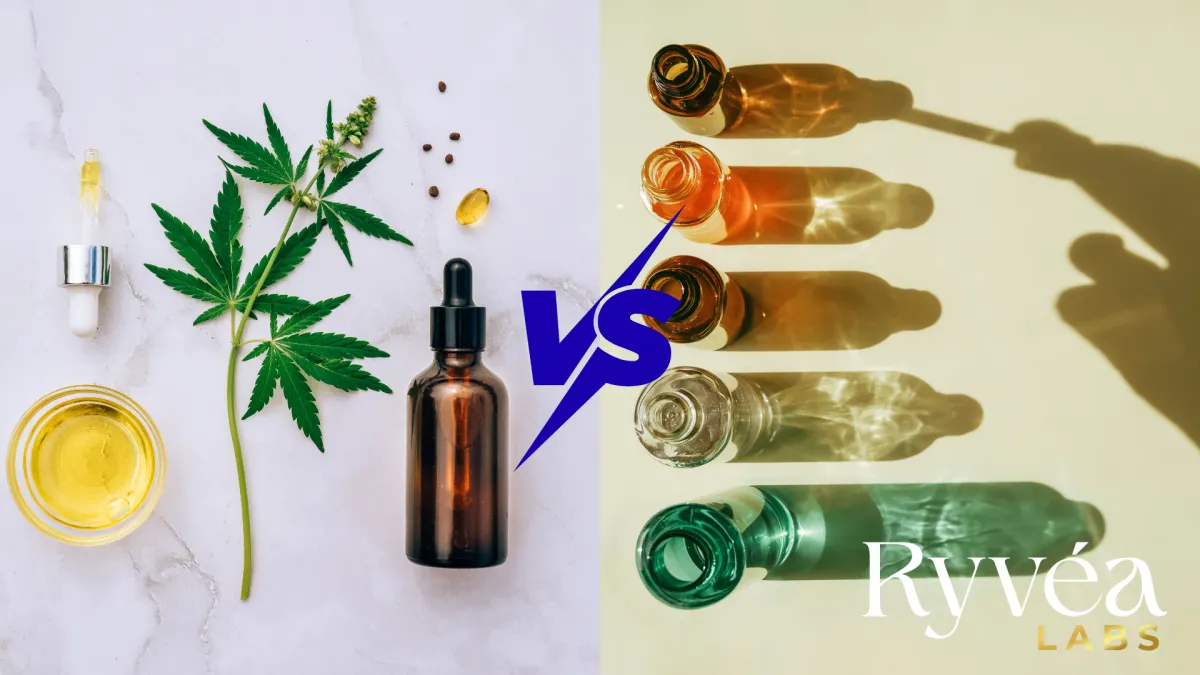
Are Peptides the New CBD? Exploring Their Mainstream Appeal
Are Peptides the New CBD? Exploring Their Mainstream Appeal
“Peptides are becoming the next big wellness trend—just like CBD a few years ago. But unlike CBD, they’re closer to pharmaceutical-grade science than plant extract.”
Disclaimer: This is a publicly sourced quote, used for educational context only. (Gary Brecka, Human Biologist)

Introduction
Not long ago, CBD took the wellness world by storm. It popped up in oils, bath bombs, and even pet treats—touted as a catch-all for stress, sleep, and inflammation. Now, another class of compounds is making waves: peptides.
Searches for peptides are rising. Influencers are injecting them on TikTok. Fitness forums are buzzing with acronyms like BPC-157, CJC-1295, and GHK-Cu. But are peptides just the next CBD—or something fundamentally different?
This article unpacks why peptides are gaining momentum, how they compare to CBD, and what to keep in mind as they go mainstream.
A Quick Recap: What Are Peptides?
Peptides are short chains of amino acids, which are the building blocks of proteins. Your body makes thousands of them naturally to help regulate:
Hormones
Immune signals
Tissue growth and repair
Cognitive function
Synthetic peptides are created in labs to mimic or influence natural biological processes. Some are being studied for healing, fat metabolism, brain health, and more.
Educational overview:
NIH – Peptides in Therapeutics
Why the Comparison to CBD?
CBD and peptides are both:
Trending in wellness circles
Surrounded by hype and anecdotal claims
Poorly understood by the general public
However, the similarities stop there.
CBD is a plant-based extract, while peptides are biotech compounds that often originate in pharmaceutical research. CBD’s effects are largely general (relaxation, mild inflammation support), while peptides are targeted and specific.
Where CBD is like a blanket, peptides are like surgical tools—each designed for a narrow biological action.
The Rise in Popularity
Several forces are driving peptides into the spotlight:
1. Biohacker Endorsements
Figures like Dave Asprey, Ben Greenfield, and Gary Brecka frequently discuss peptides for energy, aging, and recovery.
2. Social Media Virality
TikTok and Instagram are packed with reels showcasing personal transformations using peptides like semaglutide, GHK-Cu, or BPC-157.
3. Weight Loss & Longevity Trends
As GLP-1 drugs gain popularity, people are searching for “natural” or research-based alternatives to achieve similar results.
4. Scientific Intrigue
Many peptides are being studied for real medical conditions, making them more than just a wellness fad.
Peptides in biotech:
Nature – Peptide Drug Development
Are Peptides Regulated Like CBD?
No. In fact, peptides exist in a much stricter regulatory framework.
CBD is legal in many states and sold as a dietary supplement (despite some FDA tension).
Most peptides are not approved for human use and are sold as research-only compounds.
Any company marketing peptides for healing, weight loss, or disease treatment is likely violating FDA rules.
This is why responsible sellers—like Ryvéa—make no medical claims and focus solely on education and purity data.
What Are People Using Peptides For?
While peptides are not approved for any over-the-counter therapeutic use, consumers are researching them for potential support in areas like:
Muscle recovery (e.g., BPC-157)
Fat metabolism (e.g., 5-Amino-1MQ)
Cognitive clarity (e.g., Dihexa)
Skin repair and elasticity (e.g., GHK-Cu)
Growth hormone signaling (e.g., CJC-1295 + Ipamorelin)
Note: These use cases are theoretical and under investigation, not FDA-validated treatments.
Where Does Ryvéa Fit In?
Ryvéa was built in response to the rising demand for safe, well-sourced, and clearly labeled peptides.
We stand apart by:
Offering research-use-only peptides with full third-party testing
Never promoting peptides for injection or medical use
Educating our customers with guides, expert reviews, and science-first articles
Operating with integrity—not hype
Download Our Free Peptides 101 Ebook
Conclusion – What You Can Do Next
Peptides are not just the “new CBD”—they represent a new chapter in how people explore bioactive compounds. But with more power comes more responsibility.
Before you dive in, ask:
Is this compound being studied or sensationalized?
Does the vendor back up their claims with transparency?
Am I getting science—or just sales tactics?
Ryvéa Labs exists to give you answers you can trust.
Final Thoughts
CBD opened the door to alternative wellness. Peptides might be opening the next one—toward precision biological research. As the industry evolves, your best tool is still knowledge. Ryvéa’s here to guide you through it.

For Research Purposes Only
Company
Resources
Legal
Follow Us
Copyright 2026. Ryvèa Labs . All Rights Reserved.






